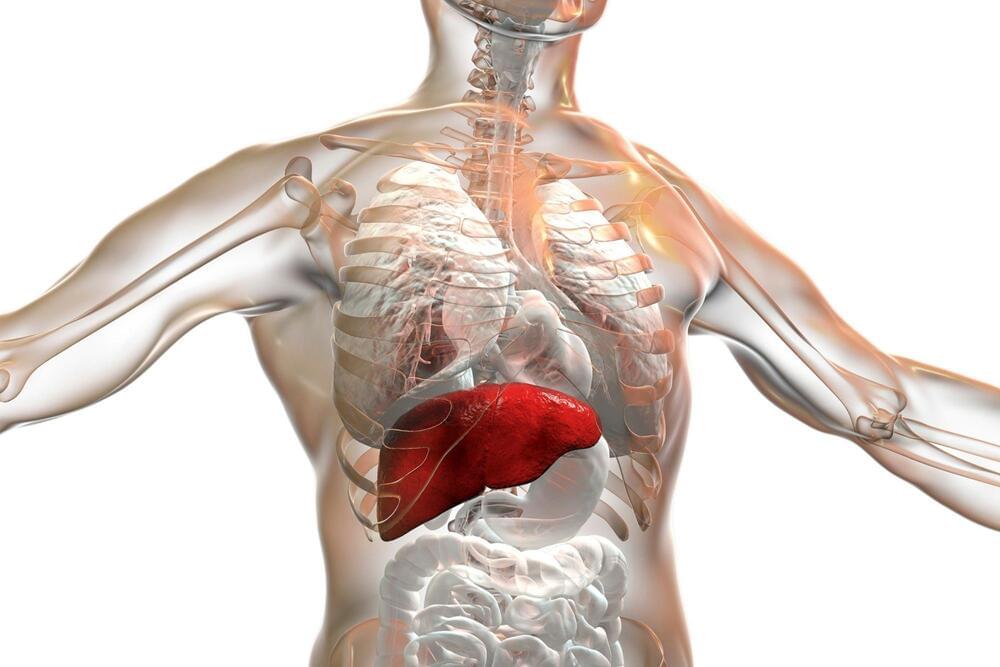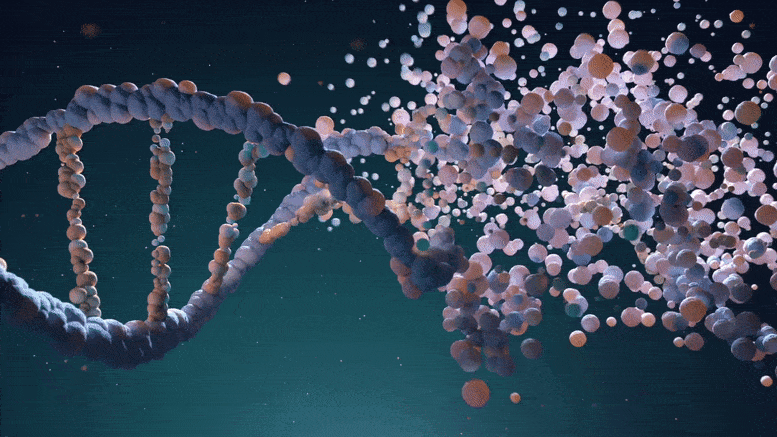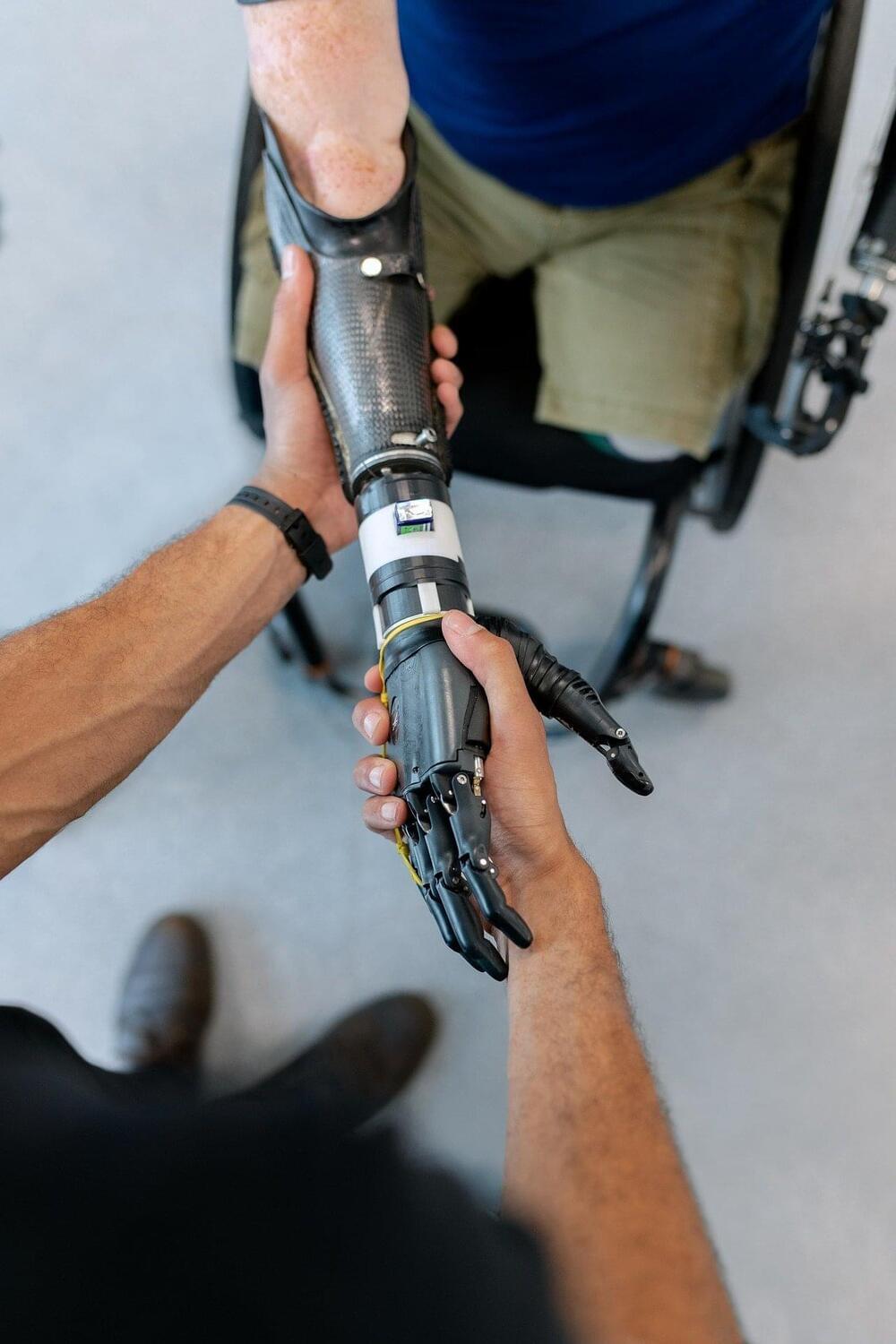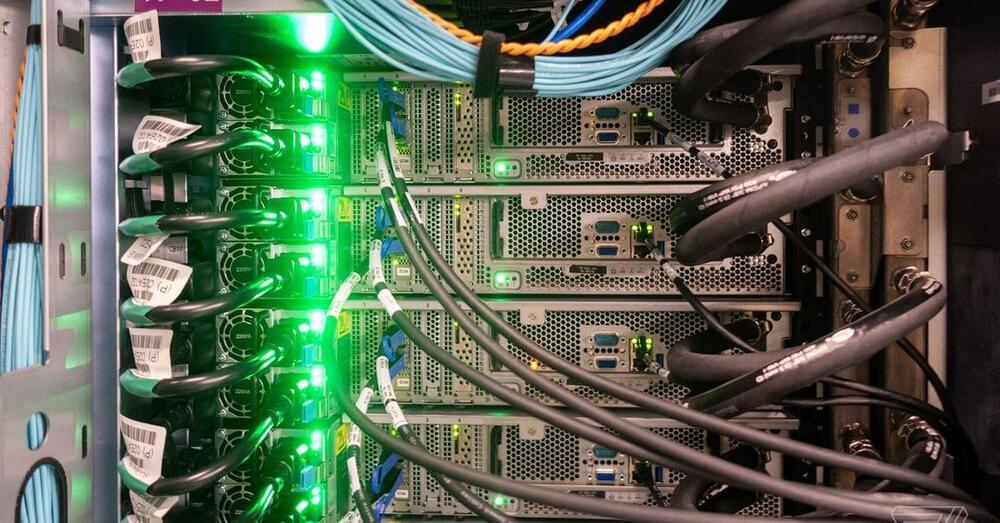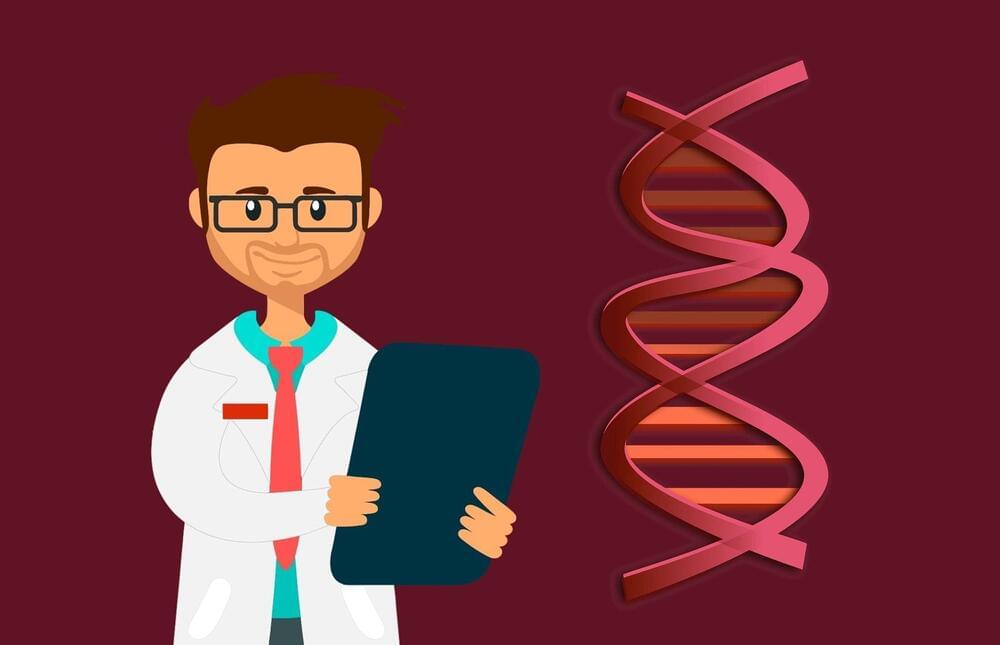According to Klaus Schwab, the founder and executive chair of the World Economic Forum (WEF), the 4-IR follows the first, second, and third Industrial Revolutions—the mechanical, electrical, and digital, respectively. The 4-IR builds on the digital revolution, but Schwab sees the 4-IR as an exponential takeoff and convergence of existing and emerging fields, including Big Data; artificial intelligence; machine learning; quantum computing; and genetics, nanotechnology, and robotics. The consequence is the merging of the physical, digital, and biological worlds. The blurring of these categories ultimately challenges the very ontologies by which we understand ourselves and the world, including “what it means to be human.”
The specific applications that make up the 4-R are too numerous and sundry to treat in full, but they include a ubiquitous internet, the internet of things, the internet of bodies, autonomous vehicles, smart cities, 3D printing, nanotechnology, biotechnology, materials science, energy storage, and more.
While Schwab and the WEF promote a particular vision for the 4-IR, the developments he announces are not his brainchildren, and there is nothing original about his formulations. Transhumanists and Singularitarians (or prophets of the technological singularity), such as Ray Kurzweil and many others, forecasted these and more revolutionary developments,. long before Schwab heralded them. The significance of Schwab and the WEF’s take on the new technological revolution is the attempt to harness it to a particular end, presumably “a fairer, greener future.”
